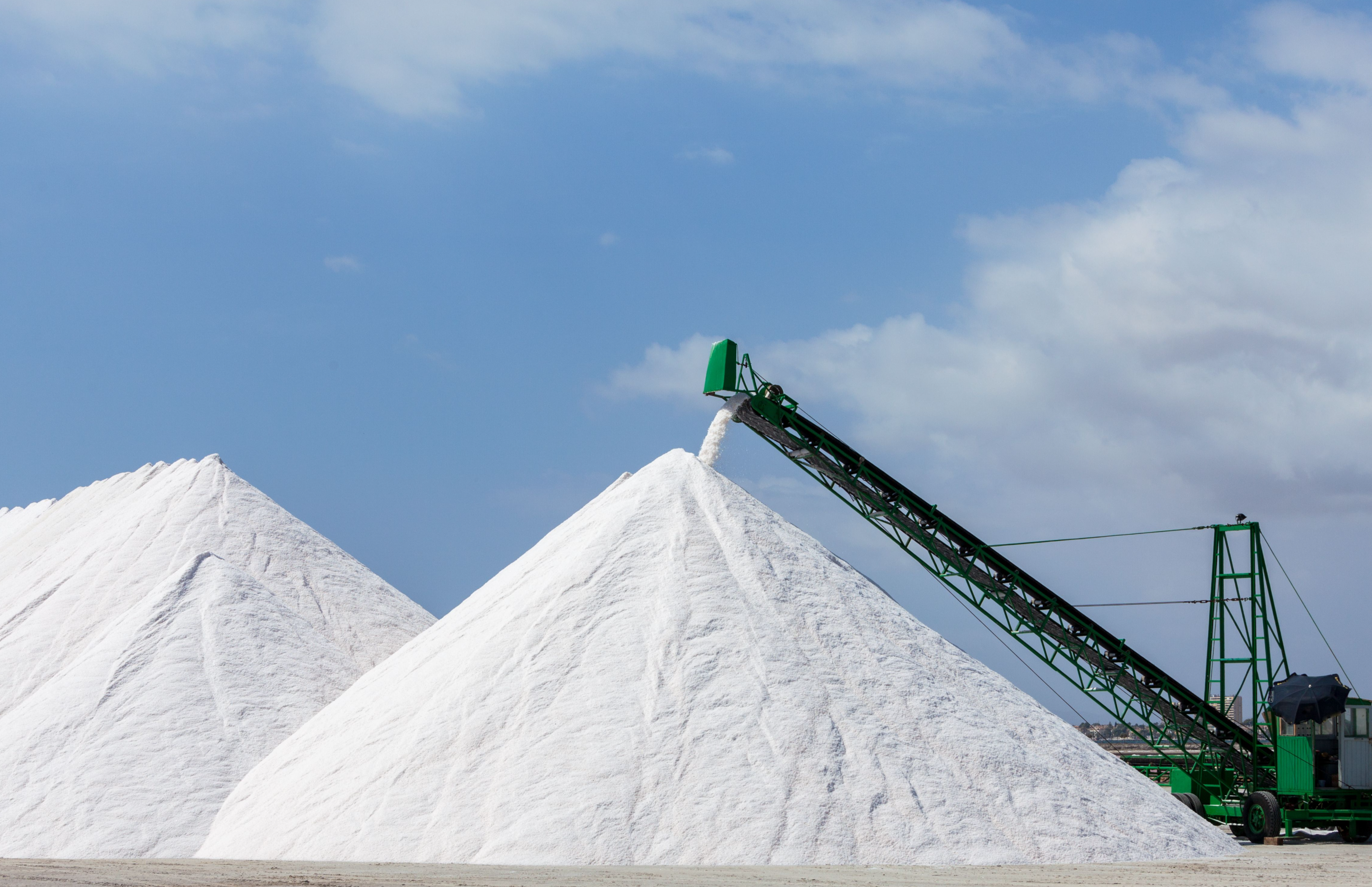K+S Australia cancels Ashburton Salt project
Opinion Pieces

17
Jun
2025
K+S Australia cancels Ashburton Salt project
The Australian solar salt project has been cancelled after being in the works for nine years.
After almost ten years of development, K+S Salt Australia announced the cancellation of a solar salt project located in Exmouth Gulf in the Pilbara region of Western Australia.
The Ashburton Salt project was first proposed in 2016, together with a plan to commission the project over three years, with an AU$850M (US$562M) capital investment, to produce 4.7Mtpy of salt through solar evaporation of seawater.
The environmental approvals process started in 2016, and in 2017, Australia’s Environmental Protection Authority decided that the project would undergo a Public Environmental Review assessment process. The Ashburton Salt project was awaiting approval based on the Environmental Review Document (ERD) public comments, which took place between 12 June 2023 and 4 September 2023.
The project had faced pushback from conservation campaigns; however, K+S stated that this was inconsequential to its decision. K+S Managing Director Gerrit Gödecke said, “K+S remains confident the Ashburton Salt project could have been developed into one of the world's most environmentally sound solar salt projects.”
Instead, K+S Salt Australia noted the reason for the project’s abandonment was a shift in strategic direction by the parent company, Germany-based K+S Aktiengesellschaft (K+S). K+S has been shifting its strategy to focus on its core business with potash and magnesium products. In its salt business, it is focusing on operational improvements rather than strategic growth.
The project was expected to come onstream towards 2030 and was pending a final investment decision from K+S. With the backing of K+S, it was expected to become a key new supplier in the Asia-Pacific (APAC) salt market.
The cancellation of the project may be well-received by competitors in a region which could see structural changes over the coming decade, especially with some prominent salt-consuming countries, such as Indonesia, aiming for self-sufficiency in salt production in the coming years.